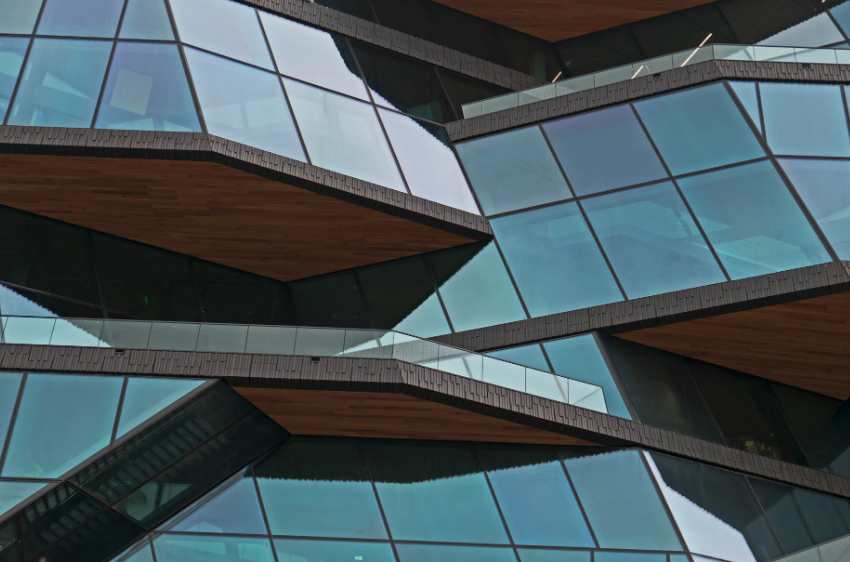Privacy Glass: A Shield for Staff in High-Risk Institutions
August 2, 2024Privacy glass, a technology capable of transforming from transparent to opaque at the touch of a button, has emerged as a critical safety measure for employees in high-risk institutions such as correctional facilities and behavioral health facilities. This innovative material provides a multi-layered approach to safeguarding staff from potential harm caused by unpredictable and volatile individuals.
A Fortress of Protection
- Deterrence: The presence of privacy glass acts as a visible deterrent to aggression. Individuals are less likely to engage in destructive behavior when they cannot easily assess the situation or anticipate staff response.
- Immediate Protection: In instances of escalating aggression or violence, privacy glass can be swiftly converted into an opaque barrier, shielding staff from physical harm and providing precious moments to implement safety protocols.
- Controlled Observation: While constant vigilance is paramount in these environments, direct line of sight can sometimes escalate tensions. Privacy glass enables unobtrusive monitoring, reducing potential triggers for agitated behavior.
Mitigating Risk
- Staff Safety: By creating a physical and psychological barrier, privacy glass significantly reduces the risk of staff injuries caused by thrown objects, assaults, or self-harm attempts.
- De-escalation Tool: In crisis situations, privacy glass can be employed as a de-escalation tactic, providing a temporary respite from visual stimuli that might exacerbate aggression.
- Protection of Sensitive Areas: Privacy glass can safeguard sensitive areas, such as staff lounges or control rooms, from direct view, minimizing the potential for intimidation or threats. Most privacy glass can be customized to be resistant towards a range of ballistic materials which is useful in a number of environments, even those that are not traditionally considered high risk.
Operational Efficiency
- Rapid Response: The ability to instantly transform glass from transparent to opaque empowers staff to react swiftly to evolving situations, enhancing overall safety protocols.
- Environmental Control: Privacy glass can be utilized to regulate the amount of sensory stimulation within a space, contributing to a calmer and more predictable environment. Certain privacy glass also offers the safety of hermetic sealing and touch free operation, resulting in disease prevention and lessening the spread of illness in more contained, high-risk environments.
- Staff Morale: By fostering a sense of security, privacy glass can positively impact staff morale and job satisfaction,leading to increased productivity and retention.
Specific Applications in High-Risk Institutions
- Common Areas: Privacy glass can be installed in communal spaces to protect staff from unpredictable behavior and to prevent the escalation of conflicts.
- Isolation Rooms: In behavioral health facilities, privacy glass can be used to isolate agitated individuals while maintaining visual monitoring for staff safety.
- Control Rooms: To shield staff from potential threats and distractions, privacy glass can be implemented in control centers.
Challenges and Considerations
While privacy glass offers substantial benefits, it is essential to address potential challenges.
- Cost: The initial investment in privacy glass technology can be substantial. However, the long-term savings in terms of reduced injuries, property damage, and potential legal liabilities often justify the expense.
- Maintenance: Regular maintenance and calibration are necessary to ensure optimal performance and prevent malfunctions.
- Training: Staff must receive comprehensive training on the operation and maintenance of privacy glass systems.
In conclusion, privacy glass is a powerful tool for enhancing staff safety in high-risk institutions. By investing in this technology and implementing effective protocols, organizations can create a safer and more secure environment for employees. If you’d like to learn more about the safety and security options privacy glass can provide in higher risk institutions, contact Privacy Glass Solutions today to learn more.


